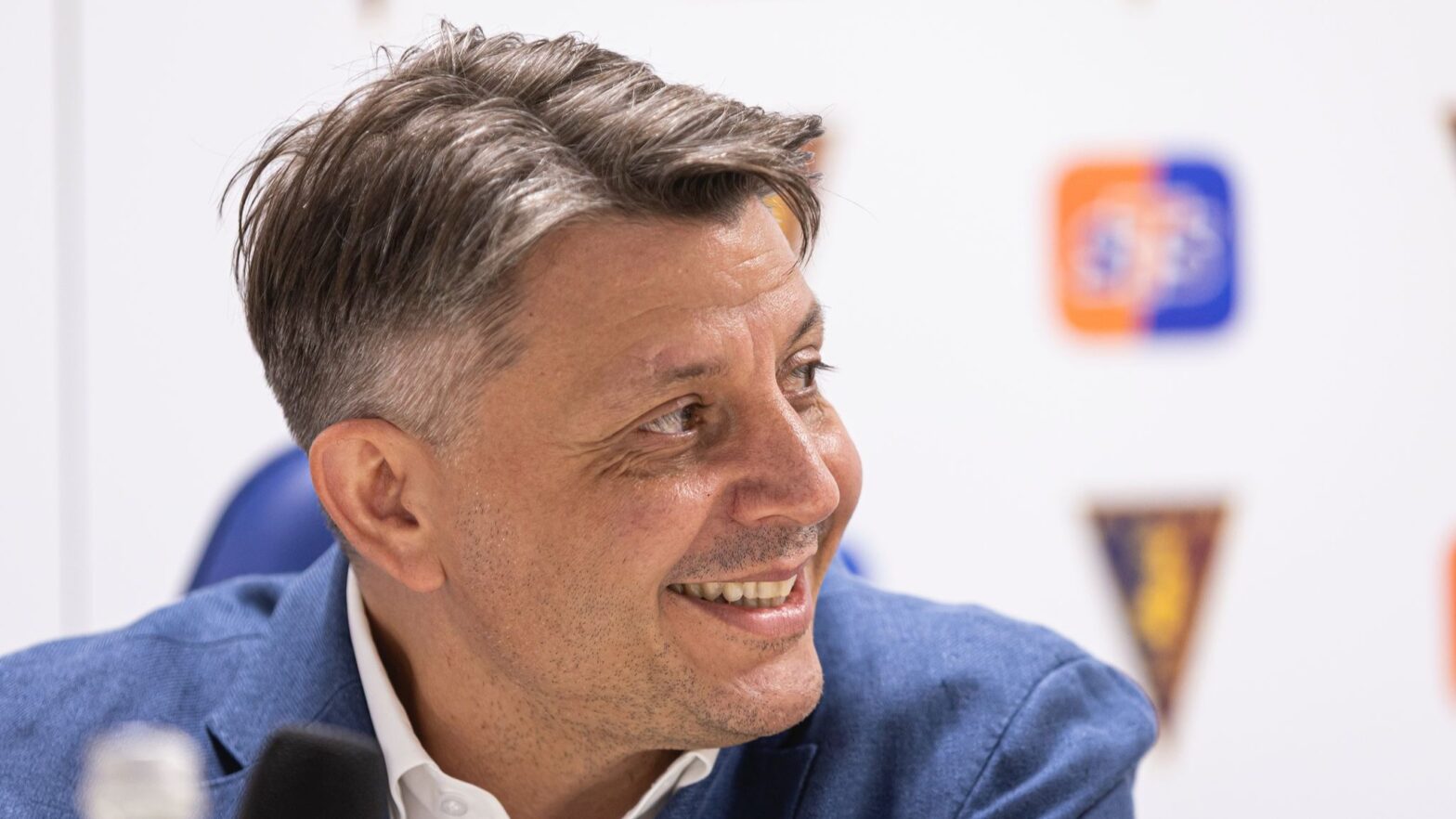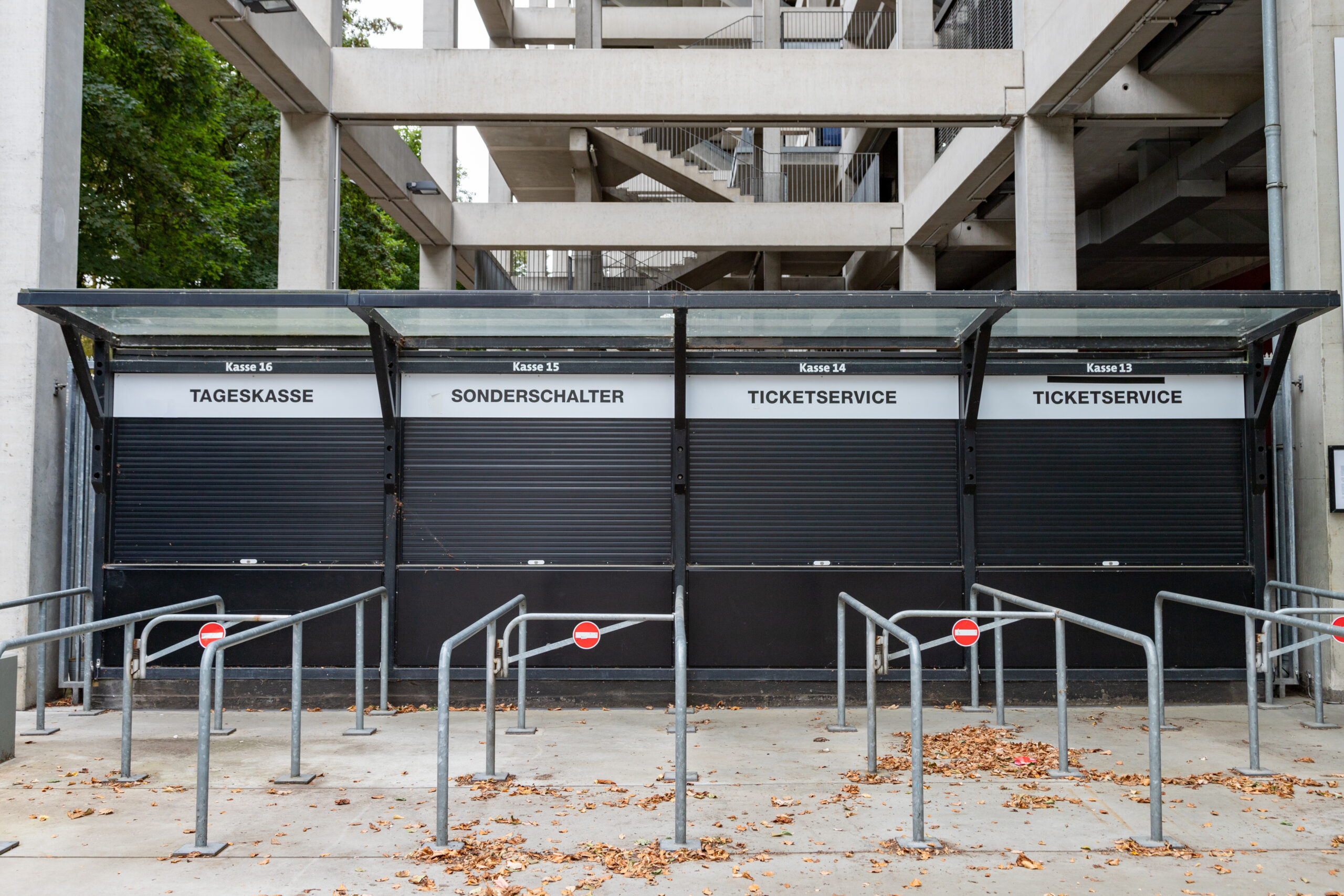From the brink of collapse to a long-term vision, the Polish club Pogoń Szczecin is undergoing a complete reset.
Led by CEO and minority shareholder Tan Kesler, the club has stabilised its finances, internalised key operations, and introduced a bold growth strategy — all within months of near-licence loss.
We sat down with Tan Kesler to unpack how Pogoń is turning crisis into momentum, and why the real transformation is only just beginning.
By Joachim Stelmach
From 48 Hours to Collapse to a 10-Year Vision
When Tan Kesler arrived in Szczecin in March 2025, the club’s survival was measured in hours. “We were 48 hours away from losing our licence,” he recalls. “Most of the players were going to walk for free, debts were stacking up, and we had to find international financing overnight.”
Kesler, now the CEO and minority shareholder of Pogoń Szczecin, stepped in alongside Alex Haditaghi, a Canadian-Iranian entrepreneur and tech investor, to rescue one of Poland’s oldest football institutions. The crisis forced immediate action: overdue wages were paid, debt restructuring began, and the club’s operations were placed under a microscope. But what followed wasn’t just emergency management — it was a total rethink of how a club like Pogoń could operate.
“We didn’t come here just to buy time,” Kesler says. “We came to build something that can sustain itself and even challenge the top of Polish and European football, but in a completely different way.”
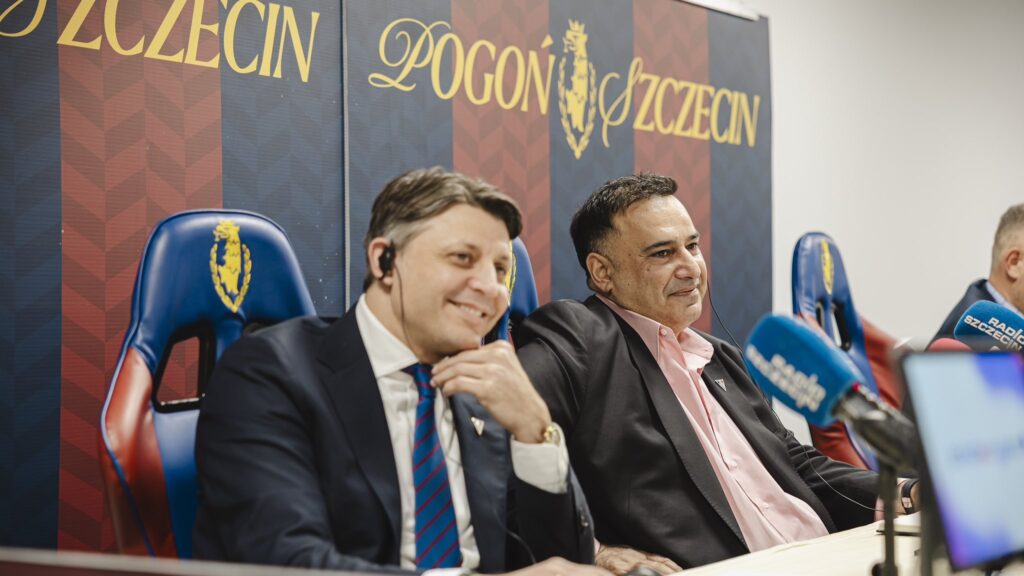
Acting First, Earning Trust
In his early days as CEO, Kesler avoided bold declarations or unrealistic promises.
“We said, we’re not going to do anything that we cannot deliver, at least for a short period of time,” he recalls. “And we’re not going to talk about anything and promise anything until we are established. So from the beginning, we didn’t even mention how much debt the club had or how much we were paying off. Once we paid the players, we stood in front of them and said: this is our leadership, this is what we’re doing, and this is why you should trust us.”
Trust, for Kesler, had to be earned through presence and consistency. He and his team spent long hours at the club — listening to staff, learning how departments functioned, and identifying pain points. No one was let go during the first phase; instead, they focused on understanding the internal culture and rebuilding morale through action, not words.
That hands-on approach reflects Kesler’s broader leadership philosophy. As a former Vice Chairman of Hull City and an EFL board member, he brings both strategic oversight and operational depth. But what sets him apart, he says, is his personal stake in the club’s direction.
“I’m not just a CEO,” he says. “I’m also a minority shareholder — someone who’s here every day, shaping the future based on what I see on the ground. I don’t see myself as an investor. I see myself as a flag-holder for the club.”
Unlocking the Full Potential of the Stadium
For all its modern design, Pogoń Szczecin’s new stadium wasn’t living up to its potential. “We’ve realised in Poland most of the stadiums are underutilised,” says Kesler. “They’re just being used for games and for people to come, buy tickets, and watch the game. So we said, wait a minute — the stadium is a living façade. We need to take advantage of everything about it.”
That rethink triggered a series of bold operational shifts. One of Kesler’s early moves was to bring core stadium services back in-house. “Our catering, our merchandising, our even cleaning was all contracted to third parties — more than third, fourth, fifth parties,” he explains. “So we decided, look, this is not going to work out.”
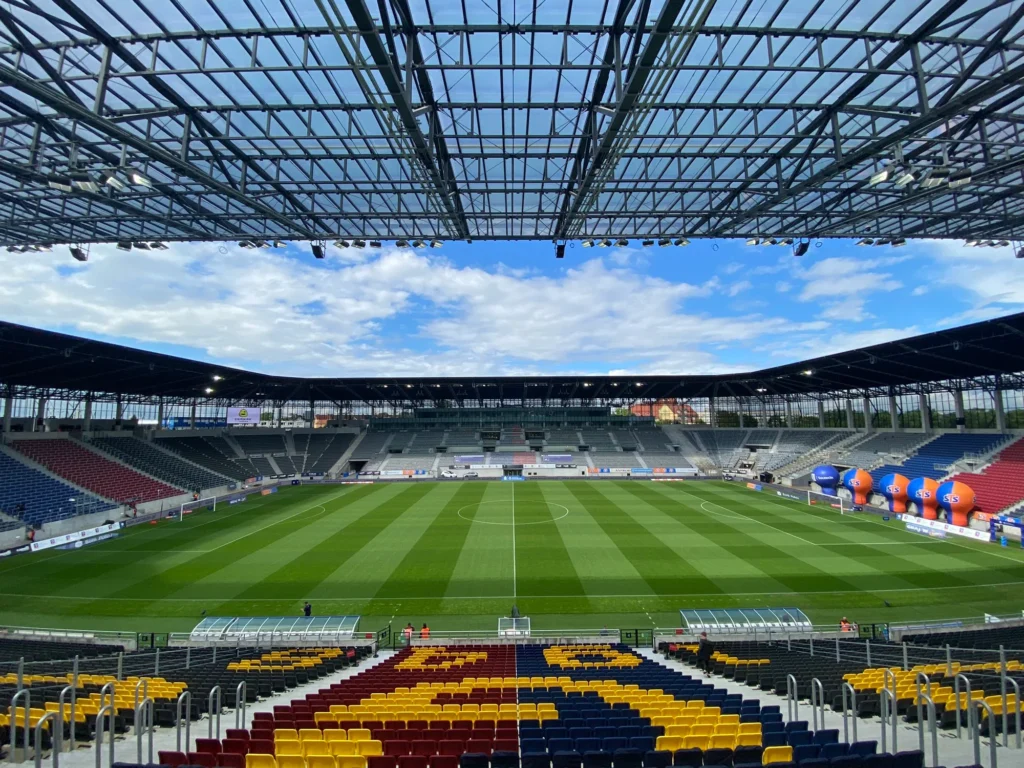
In response, the club launched Established 1948, its own operational brand that now oversees catering for VIPs and fans alike. Ticketing was overhauled and integrated with RoboTicket to introduce digital passes, subscription-style access, and flexible pricing. The impact was immediate: season ticket holders jumped from 4,100 to 5,700 within weeks. The club aims to reach 6,500.
“We now control our stadium completely in-house,” Kesler says. “Everything we do, from ticketing to catering, is designed to give our fans and partners a more professional, consistent experience.”
And more improvements are on the way. The club is installing 15 semi-permanent hospitality boxes, upgrading 500 seats, and — uniquely for Poland — introducing double-tier LED advertising boards, all designed to boost matchday revenue without costly renovations.
Rethinking Sponsorship
Kesler is clear about the need to modernise how clubs approach sponsorship. “In Poland, most of the clubs are focusing on the logo — and not what comes with the logo,” he says. “We feel it’s a privilege for a brand to come in and partner with us. That’s why we changed our approach.”
Since arriving at Pogoń, Kesler has pushed to deliver more value to sponsors — both through new infrastructure, like the introduction of double-tier LED advertising boards, and through deeper partnerships. One example: betting partner STS, which recently moved from a small sponsor to becoming the club’s back-of-shirt partner. “They saw the value,” Kesler notes.
That local focus extends into the Business Club — a network of entrepreneurs and SMEs that predated his tenure but is now a key piece of Pogoń’s commercial model.
“We currently have 120 members — small businesses, entrepreneurs. Our goal is to increase that to 200–250,” he says.
But for Kesler, matchdays aren’t enough. “It’s very hard to network yourself on matchdays because it’s limited time,” he explains. “Even with VIP access, people are distracted. To do B2B business, you need more time, more specific moments.”
That’s why the club is launching off-matchday business events — themed around sectors like logistics and technology, with speakers ranging from industry leaders to celebrities. “We want to help people open their vision to the world,” he says.
An International Club with a Local Soul
Although Tan Kesler has worked in football across England, Turkey, the U.S., and Canada, his vision for Pogoń Szczecin starts with the local community. One of the club’s top priorities, he says, is reaching out to the region:
“Our main priority is our local fanbase, our city, and the area that stretches out 100 to 150 kilometres around the Baltic Sea — all the small cities, villages. We want everyone to support Pogoń.”
That local identity is being complemented by growing international ties. Under Kesler’s leadership, the club has established a supervisory board with members from across the global football landscape.
“We are going to be having investors and supervisory board members from different success stories of football — who can introduce us and sustain us in those markets,” he says, referencing Canada, Turkey, the U.S., and England.
His own background has already elevated the club’s profile abroad. “With me being in the organisation, I think for the first time in club history — or in Poland — we’ve been mentioned in Sky Sports’ main outlets,” he notes. “Before, it was only when a club like Legia played Chelsea. Now it’s different.”
Pogoń’s upcoming pre-season trip to Turkey is another step toward building cross-border connections. “We’re going to Turkey in January,” he says. “We’re going to bring some fans with us — they’ll be the voice — and we’re going to try to create international ties all together.”
Kesler acknowledges that his presence as a foreign CEO might seem unusual in Polish football — but he sees that as a strength. “We’re not tied to past rivalries or local politics,” he says. “That gives us space to challenge ideas, bring in different perspectives, and do things a little differently.”
Playing the Long Game with Talent
Kesler’s vision for success at Pogoń is clear: build sustainably, not through short-term spending. “We’re trying to keep the core of the team because they’ve been successful,” he says. “But they needed help — they couldn’t cope with the full season. Towards the end, physically, they broke.”
To strengthen the squad without overspending, the club has focused on signings with development potential. “We’ve signed Marian Huja — a very promising central defender. We’ve signed Paul Mukairu, and we’ve signed Musa Jawara, a Gambia national team player,” Kesler explains. “We will continue to sign international talents as well.”
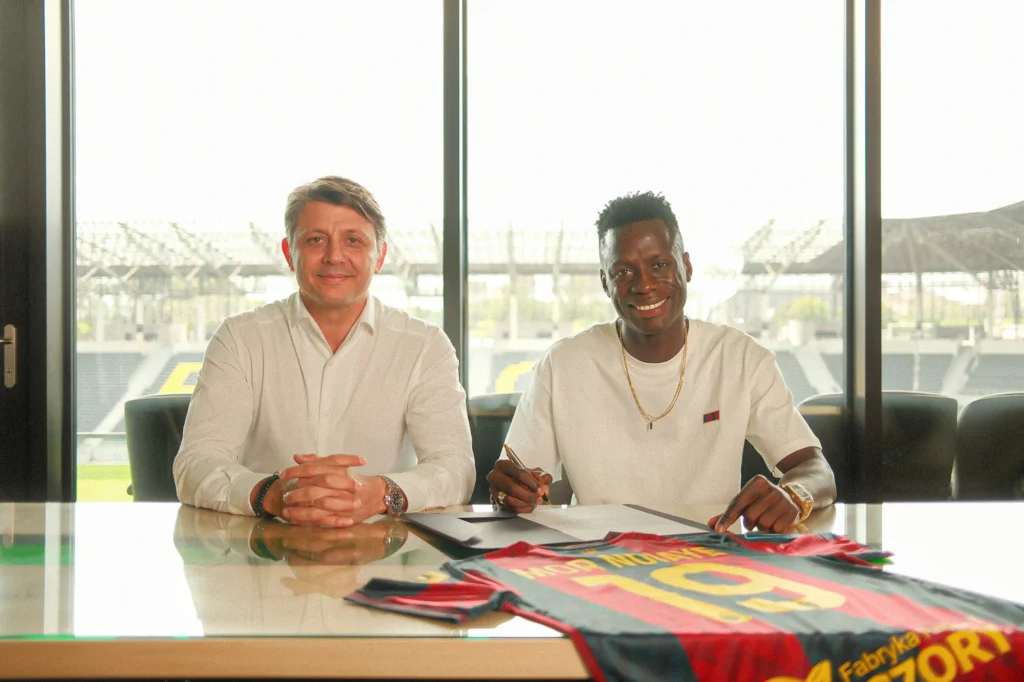
But beyond recruitment, Pogoń’s model is grounded in academy integration. “We’re one of the biggest academies — we have 1,400 kids,” he says. “We will continue to play one academy or under-20 player in our starting lineup every year, and we’ll have four academy players regularly with the first team. Two more will rotate in and out.”
That commitment goes hand in hand with major changes behind the scenes.
“We’re improving our academy — methodology, playing style, coach education, everything,” Kesler says. “When we’re done, from first team to under-12s, we’ll be speaking the same football language.”
Still, he’s quick to point out that having young talent is not enough. “The hardest thing is not to find talent — it’s to take a chance and put them on the pitch. You have to go through the growing pains.”
The club’s long-term model also includes structural investment. “We’re establishing a loan programme, and we have international scouts and two heads of recruitment who will be joining us full-time,” he adds. “We’re also bringing in an academy coordinator from abroad to help educate our Polish coaches.”
At the core of this approach is sustainability. “We don’t have unlimited resources,” Tan Kesler admits. “So our goal is to sell one young or first-team player per season — and reinvest those revenues into the academy and infrastructure.”
Generation Z and the Fight for Attention
Kesler is blunt about the challenge of reaching younger audiences. “Generation Z is very short-tempered,” he says. “They consume everything very quickly because they have full knowledge of technology.”
To meet those expectations, Pogoń is rethinking both its on-field style and off-field communication.
“We’re trying to give them a different matchday experience — something they feel they’d be missing out on if they weren’t there,” he explains. “And the off-matchday experience is key. We’re going to have very tailored media content for them to consume and subscribe to.”
That philosophy extends to how the team plays as well. “If you play traditional football, maybe we will miss the generation gap,” Kesler says. “But if we try to play more attacking, more action-based football, then our new generation will feel part of it, want to watch it, and stay engaged.”
From Rescue Plan to Growth Strategy
Tan Kesler’s role at Pogoń Szczecin goes far beyond typical CEO responsibilities. As both a minority shareholder and day-to-day leader, he’s deeply embedded in the club’s strategic direction — and now, in the league’s future as well.
He also now sits on the Supervisory Board of the Ekstraklasa, after Pogoń’s fourth-place finish qualified them for a board seat.It’s a rare opportunity — especially for someone who isn’t Polish — but Kesler believes he brings a useful perspective.
“With my 20 years of international football experience, I’m a valuable asset for the board,” he says. “My experience in the EFL, in English football, in Turkish football — it’s a unique combination that can bring new ideas.”
For Kesler, the Ekstraklasa is on the rise — and could soon be among Europe’s top leagues commercially. “I think they’re going to be in the top six, maybe the sixth top league,” he says.
Part of that strength, he notes, comes from solid domestic broadcasting partnerships.
“There’s strong support from Canal+ for Polish football, and that becomes very important for Ekstraklasa’s future,” he explains. “It defines us from most of the small leagues with small TV revenues.”
He compares it to markets like Turkey, which he says are struggling economically, or France, where media uncertainty poses a challenge. With fair distribution models and increasing sponsorship revenue, Kesler believes Ekstraklasa is well positioned — if clubs are willing to push further.
The Road Ahead
Pogoń Szczecin’s transformation is more than a turnaround — it’s a blueprint for sustainable club management. From internalising operations to aligning academy output with first-team needs, the club is shifting from firefighting to future-proofing.
With limited resources but clear priorities, Kesler has introduced a model built on integration, pragmatism, and long-term value creation. It’s a strategy that resonates beyond Szczecin — offering actionable lessons for clubs navigating similar financial and operational constraints.
In a landscape often driven by short-term wins, Pogoń’s reset is a reminder that structure, not scale, is the real competitive edge.
***
For more insights into the evolving world of football business, check out the Football Business Inside Knowledge Hub.

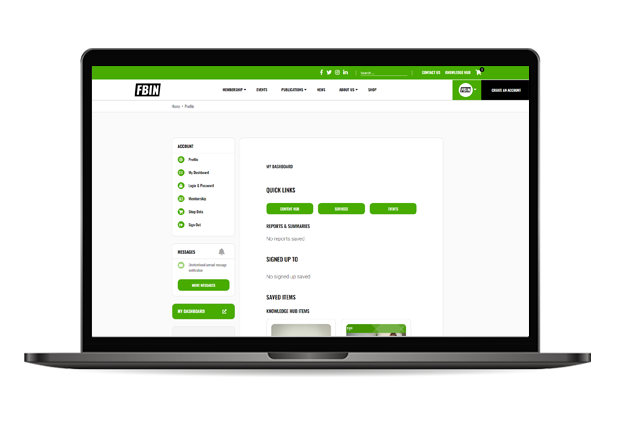
 Upgrade to Premium Now
Upgrade to Premium Now
